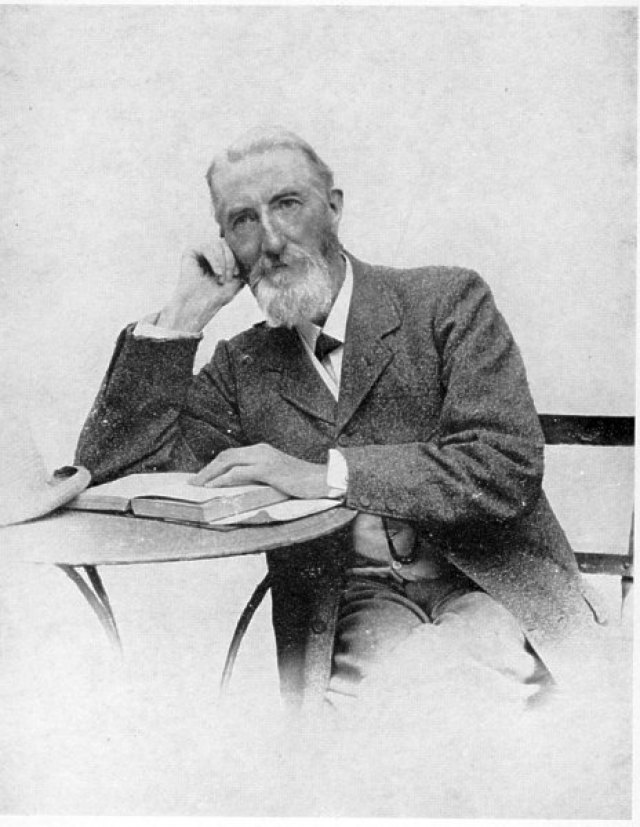MENU

William Henry Gill was a collector of Manx folk songs, composer of the Manx National Anthem, and editor of Manx National Songs and Manx National Music.
Why was he interested in Manx culture?
Born in Marsala, Italy of Manx parentage, William was sent to King William’s College in Castletown, Isle of Man in 1850, and placed under the care of his uncle, Rev. William Gill (1797 – 1871), Vicar of Malew. His younger brother John Frederick (1842 - 1899) later joined him in the Island.
As a young man, William was thoroughly absorbed in Manx musical life through singing and playing organ at King William’s College and Malew Church, but upon leaving school, he pursued a career at the General Post Office in London where he worked for over 40 years. His brother JF Gill remained on the Island and became a respected Deemster. Although William spent all of his adult life in England, he was a zealous promoter of the Isle of Man as he believed that the Island’s traditional culture was in danger of extinction. His former teacher and life-long friend was the famous poet Thomas Edward Brown (1830 - 1897) and he encouraged William to support Manx culture by collecting and publishing its music.
How did he go about it?
Between 1895 and 1898 William made several trips to the Isle of Man and coordinated with his brother John Frederick and their old school colleague, Dr. John Clague (1842 – 1908), to collect 315 Manx melodies:
The task was… undertaken of writing down the remaining mass of traditional melodies from the singing of those who still retained a knowledge of them, and who were found scattered over the whole of the Island. (Manx National Songs 1896)
Why is he famous?
The combined collection of melodies formed the basis of Manx National Songs (1896), a book of 51 songs edited and arranged by William and published by Boosey & Co. In the preface, he wrote:
The following songs are the first practical outcome of a project formed many years ago… to collect and preserve from the oblivion into which it was rapidly passing all that remained of the National Music of the Isle of Man.
William also arranged a second book of melodies for piano solos in 1898 under the title Manx National Music. He continued to promote the Island with his popular hymn “The Harvest of the Sea – Manx Fisherman’s Evening Hymn” (1904) and by composing the “Manx National Anthem” (known as “O Land of my Birth”) which was based on the major version of folk tune “Mylecharaine” and launched at the Manx Music Festival (‘The Guild’) of 1907.
During his spare time, William published over 60 songs, hymns, choral pieces and organ voluntaries. He was a founding member of the Folk-Song Society which was formed in London in 1898 and he collected folk songs in Sussex where he lived for the latter part of his life.
He was elected as President of the Manx Society in 1915, and seventy years later, was recognised for his services to Manx music on an Isle of Man - Europa postage stamp (24th April 1985).
Chloë Woolley
A more detailed biography of WH Gill is in the Oxford Dictionary of National Biographies
Life History by Pat Brownbill - Friends of Heene Cemetary
The Original Collection of Manx Folk Music made by his honour the Deemster Gill, Mr W.H. Gill and Dr Clague Completed in 1895 & 1896. Manx National Heritage Library MS 09702 / Photographs taken by David Speers
See also: Collection of Dr John Clague Manuscript Books A-D (1-4) Manx National Heritage Library MS448A / Photographs taken by David Speers

Contact, Links, Acknowledgements, Privacy
© Culture Vannin. Culture Vannin is the trading name for the Manx Heritage Foundation, registered charity 333 in the Isle of Man. Designed by 3 Legs Ltd.